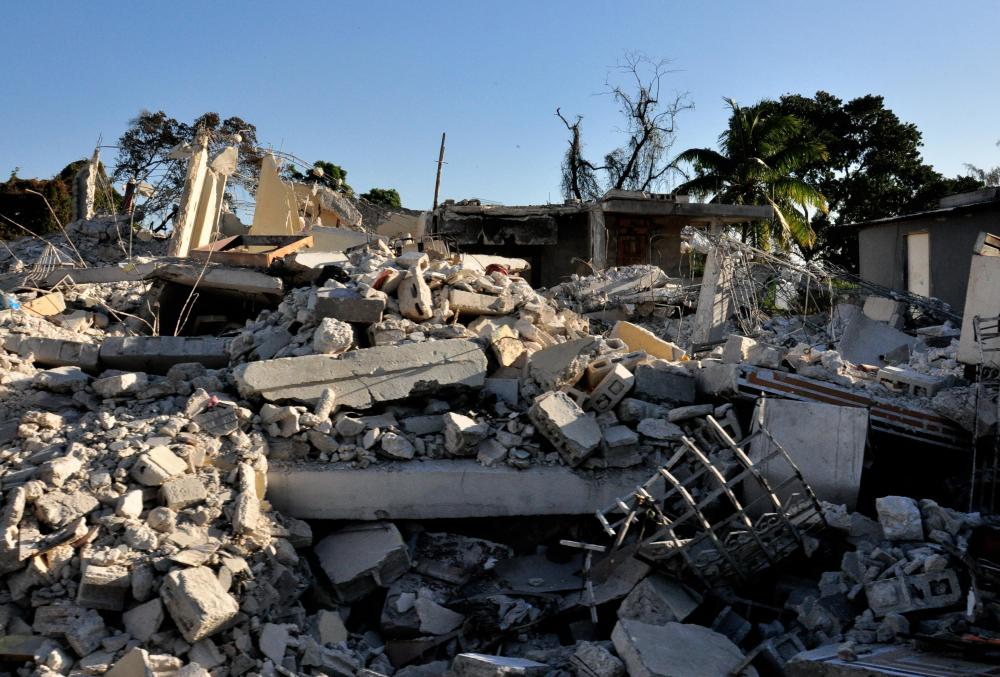At WiseGEEK, we're committed to delivering accurate, trustworthy information. Our expert-authored content is rigorously fact-checked and sourced from credible authorities. Discover how we uphold the highest standards in providing you with reliable knowledge.
What is a Disaster Recovery Plan?
In the business world, a disaster recovery plan is a plan which is intended to keep a business as functional as possible during a disaster, and to help the business recover quickly in the event of a disaster. These plans are recommended for businesses of all sizes, and businesses which routinely network with other companies may want to work together on a plan. For example, an Internet company which relies on another company for hosting services might want to be familiar with that company's disaster recovery plan to help disaster recovery go more smoothly.
One form of disaster is a natural disaster such as a flood, earthquake, or wildfire. Natural disasters can damage data centers in addition to facilities where business is done, making it imperative to create facilities which are as secure as possible and to have measures such as offsite backup so that in the event that a data center is destroyed or inaccessible, the data will still be available. Especially in areas where natural disasters are common, a disaster recovery plan benefits from being as detailed and broad as possible.

Another type of disaster is a man-made disaster, which can range from a catastrophic operator error to a deliberate attempt to cause damage. Mistakes can cause data loss, power outages, and a wide variety of other problems, while malicious attacks like hackings can compromise data or render it unusable. A good disaster recovery plan also accounts for these types of situations, as planning and response to man-made disasters is different than that for natural disasters.

As with a civilian disaster plan, a disaster recovery plan considers the existing systems in place, potential weak points in those systems, and ways in which a system can be improved. The plan also goes into great detail about how services can be maintained as long as possible in an emergency situation, and what to do when services go down and need to be restored. The goal of the recovery plan is to allow a company to respond quickly and effectively, to minimize the disruption in services.

Some companies take advantage of professional planning skills, hiring a consultant to formulate a disaster recovery plan and to refine the company's response to emergency situations. Planning also requires constant evaluation and updating of an existing plan, and extensive employee training so that people are familiar with the specifics of the disaster recovery plan.
AS FEATURED ON:
AS FEATURED ON:
















Discussion Comments
The man made kinds of disasters can be really difficult to deal with, particularly when it affects your computers.
I know I read a story recently in which a man realized he was about to be laid off and made sure he had the passwords to every system in the company.
Since they didn't bother to change the passwords when he left, he was able to get in and cause all kinds of mischief and it took them a while to realize what was happening.
A virus can be just as much or even more of a disaster. One of those in the wrong place can wipe out months of data.
It's always a good idea to put systems in place for dealing with these kinds of things (like firewalls and regular password changes) and make sure everyone sticks to the protocols.
@browncoat - One thing I've noticed that has made a difference now during a disaster is social media response. Whenever there is a disaster anywhere near me, all the companies that I happen to be connected with over Facebook or whatever will start sending out messages from their headquarters, letting people know whether they are still operating, what people can do instead, what delivery times are going to be, and so forth.
I think having this kind of network in place is invaluable especially for businesses like banks and in retail. It lets your customers know you are still there and what they can do to get what they need.
You never know when a disaster is going to strike and everyone should try to be as prepared as possible, households and businesses included.
I had some friends in a city where they didn't expect there to ever be a major earthquake, so when it happened there were very few buildings that were really prepared for it.
Afterwards dozens of small businesses were forced to go bankrupt, simply because they had no way of continuing while their stock and premises were cut off. The city had to make sure people were safe, so they didn't allow anyone into the disaster zone. This went on for months.
It's the kind of thing you need to plan for if you are a business, because you never know when it's going to happen and you have employees who are dependent on you.
Post your comments